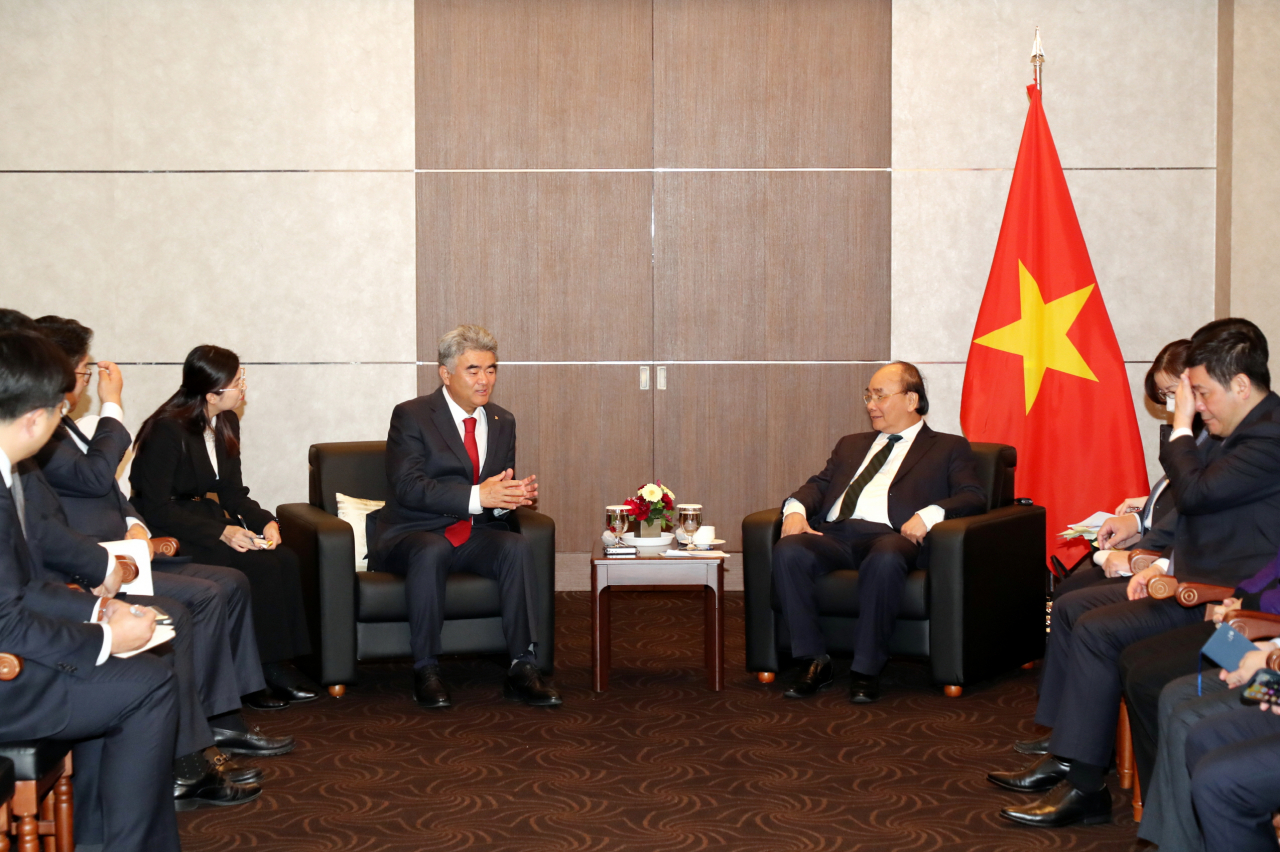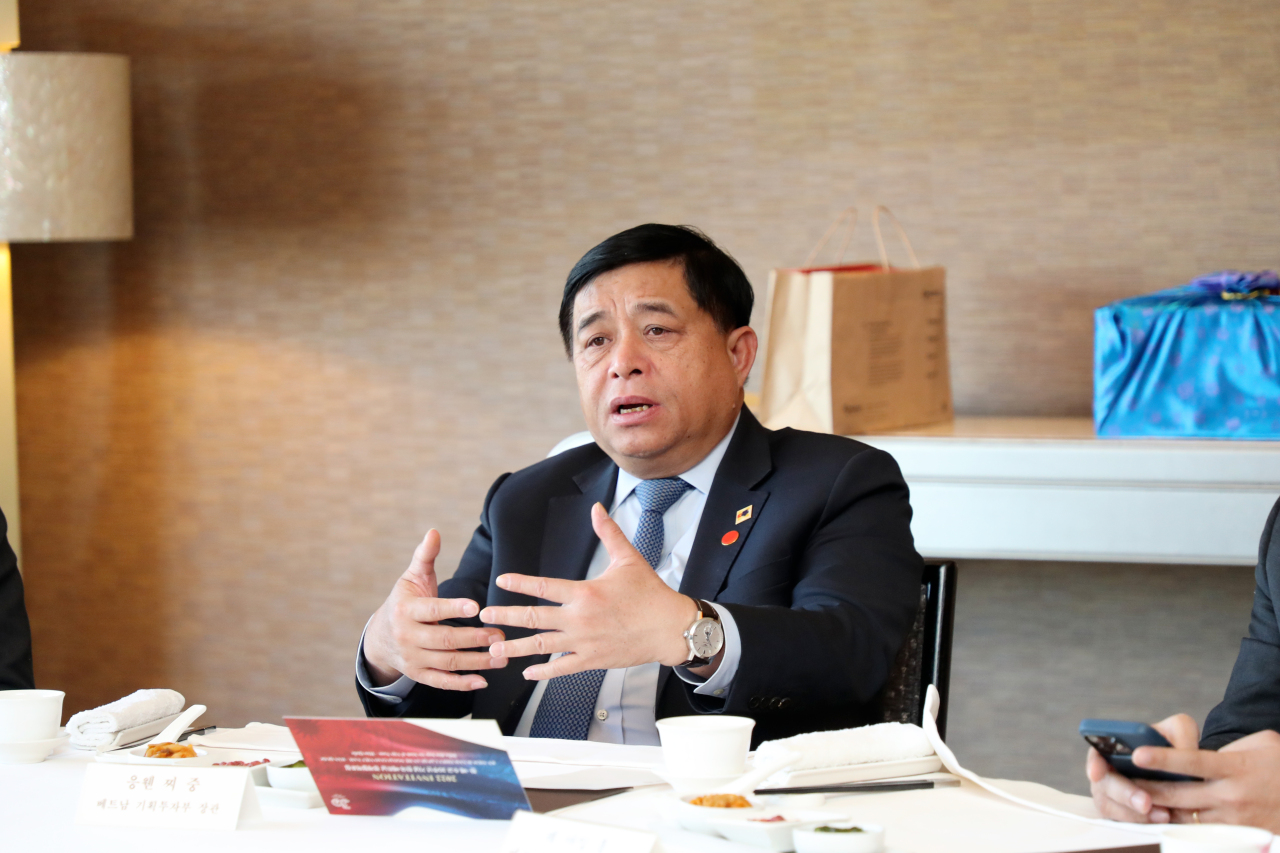The Facts
On Tuesday, the Vietnamese government announced that Pres. Nguyen Xuan Phuc had submitted his resignation after the ruling Communist Party (CPV) found him responsible for multiple violations and wrongdoings committed by officials who served under him.
Before being elected president in 2021, Phuc served as Vietnam's prime minister for five years, overseeing an average of 6% annual economic growth and an economic liberalization drive that included trade deals with the European Union, Japan, and Australia.
The Spin
Narrative A
Phuc, a pro-business political leader, was once tipped as a future CPV general secretary. His achievements — particularly his pandemic response — were unparalleled. His unceremonious resignation could pave the way for more authoritarian leaders to rise, cause radical policy changes, unnerve foreign investors, and adversely impact international ties.
Narrative B
Phuc's tenure may have brought great benefits to Vietnam, but as the head of government, he ultimately bears responsibility for allowing those under him to commit wrongdoings. He will be remembered for the good he did, but his resignation was the only path forward given the circumstances.
Cynical narrative
Phuc's resignation indicates a power struggle at the top of the party. The CPV is entrenched in paranoia as it looks to crack down on dissent through the disputable anti-corruption drive. The possibility of the party general secretary — Phuc's political rival — removing the president to clear his way to the top and concentrate more power cannot be ruled out.



